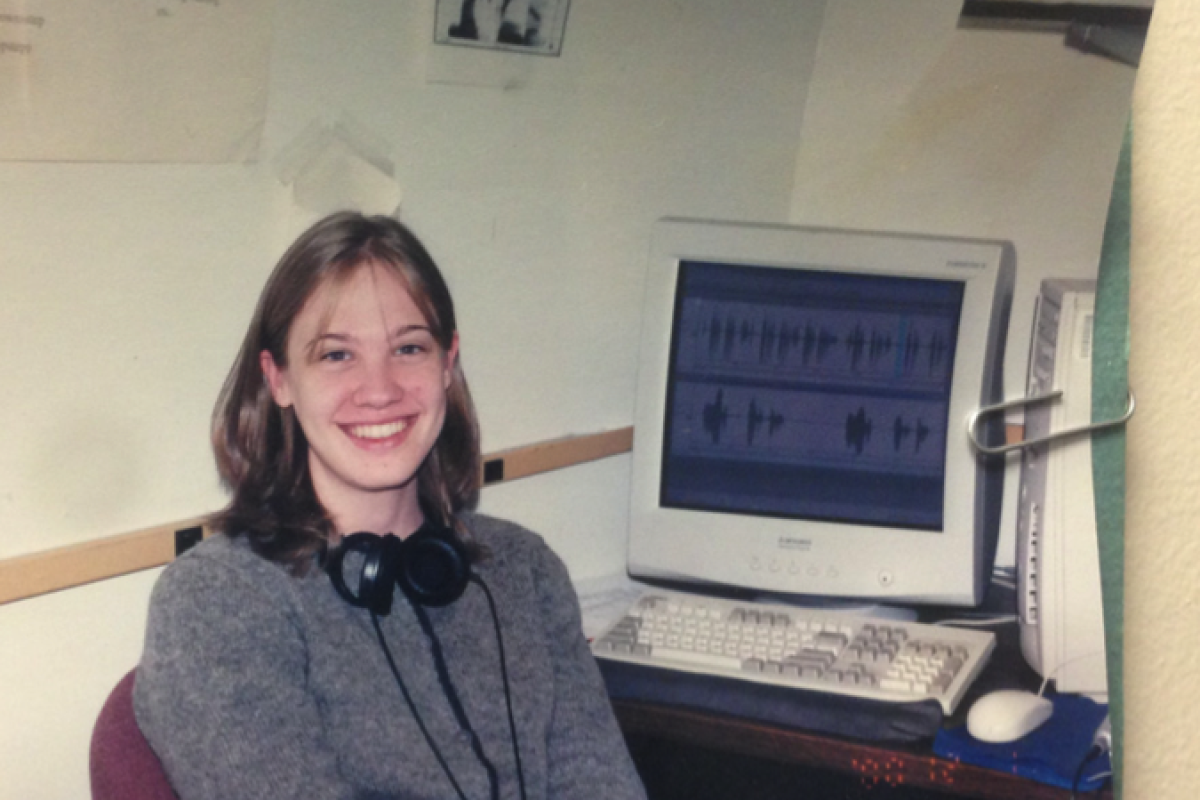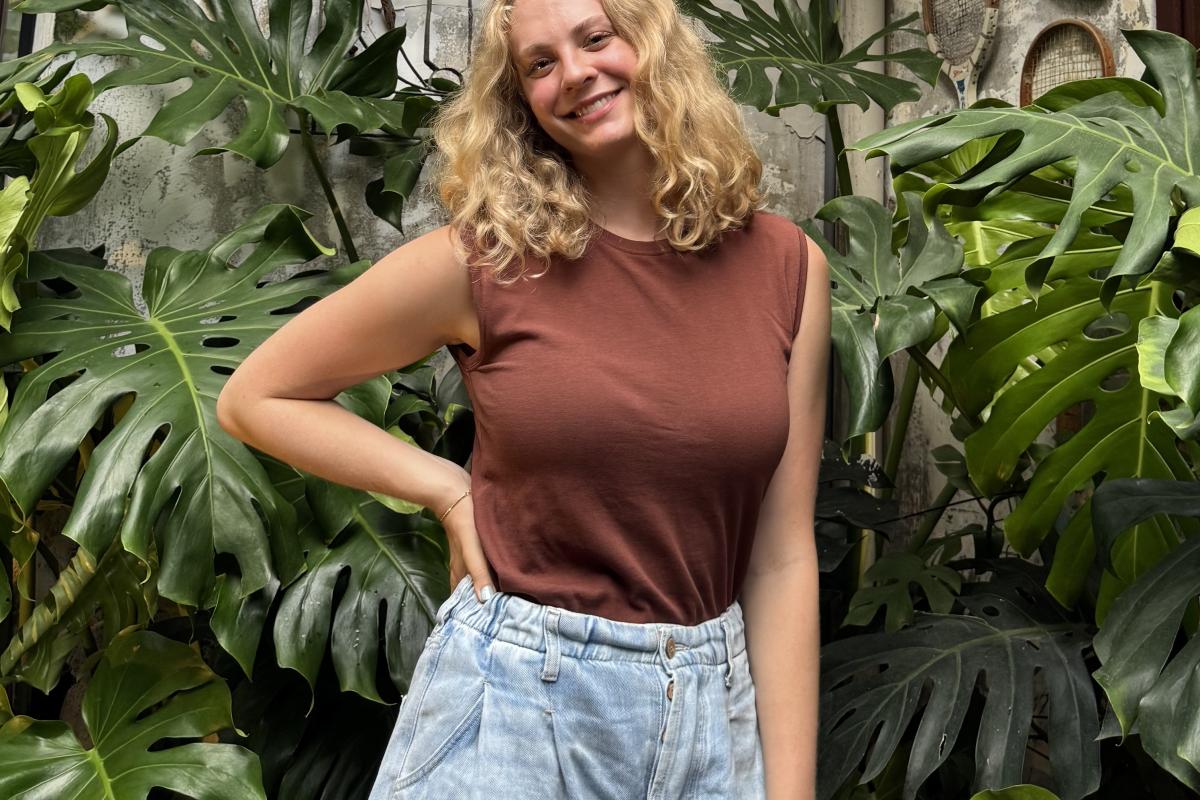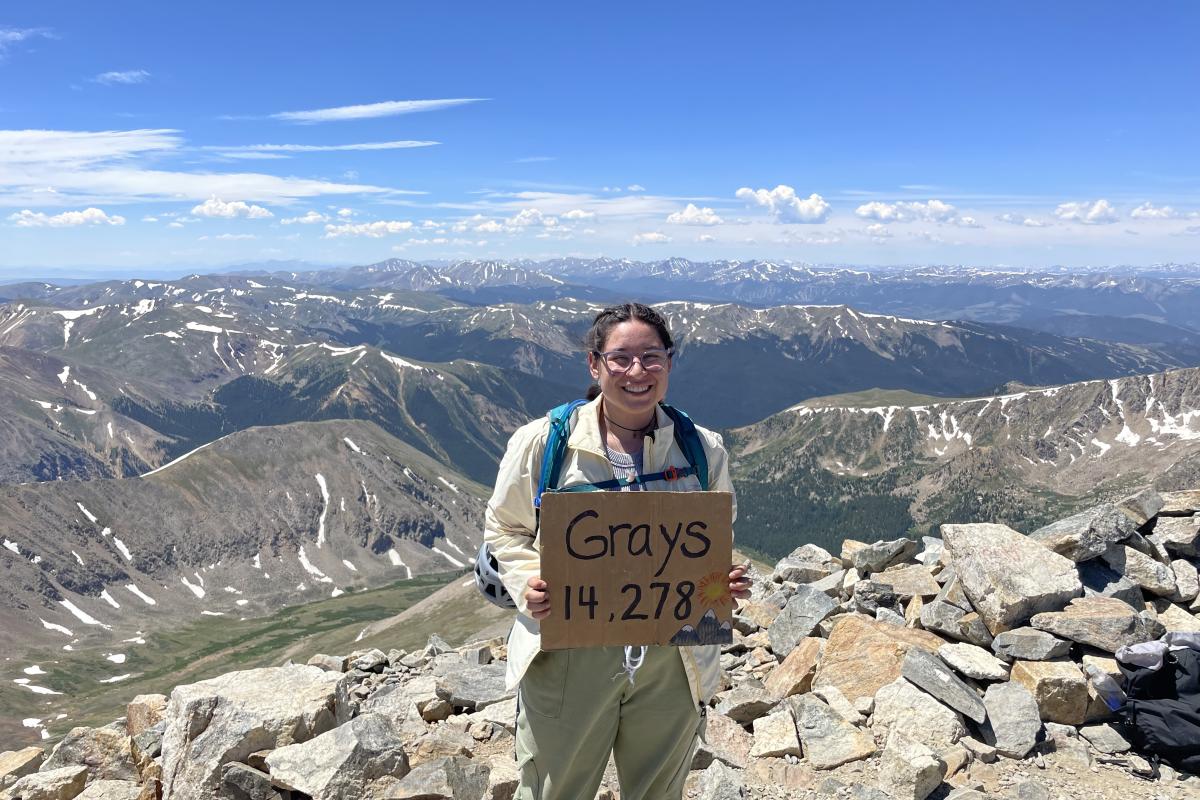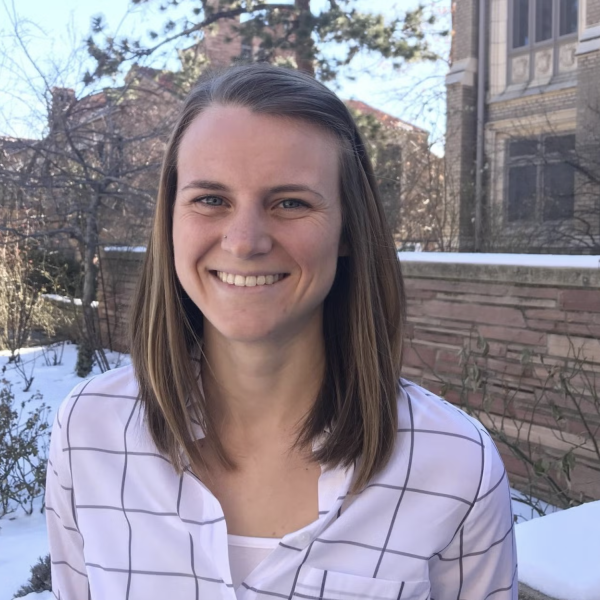CU Phonetics Lab
Research in the CU Phonetics Lab uses phonetic and psycholinguistic experimental methods to investigate systematic variation in the sound properties of speech and the perceptual and communicative consequences of such variation. We are particularly interested in ways in which that variation is constrained or conditioned by communicative or representational factors.
Areas of investigation include:
- phonological neighborhood-conditioned variation (and confusability-conditioned variation more generally)
- listener-directed and clear speech
- coarticulation, particularly nasal coarticulation
- perception of coarticulation, sub-phonemic detail
- phonetic imitation and its communicative consequences
- communicative influences in sound change
- acoustics of contrastive and non-contrastive nasality cross-linguistically
You can read more about some of this work on my research page. In addition, members of the lab pursue a variety of other projects shaped by their individual interests. You can read more about current and recent research from lab members below.
Current undergraduate or graduate students at CU who would like to become involved in this work, e.g., as a volunteer research assistant, can send email to rebecca.scarborough@colorado.edu or stop by the lab (LBB 142) during Dr. Scarborough’s office hours. You're also invited to attend one of our bi-weekly PhRoG (Phonetics Research Group) meetings!
If you are local and would like to participate in one of our studies as a subject, please send an email to cuphonetics@gmail.com. The lab is located in the Lucile Berkeley Buchanan building (LBB 142).
Prospective students
I am happy to consider advising MA and PhD students with interests that intersect with work being done in the lab. While you are welcome to reach out to me directly with questions or to introduce yourself, all applications to our graduate programs are made through the Graduate School at CU and all admissions decisions are made by a departmental admissions committee.
Current Lab Members
Lab Director
(pictured here as a grad student)
PhD student
MA student
She loves everything to do with sounds and sound analysis! They work on Zapotec of San Bartolomé Quialana, specifically to create the first phonemic description of the language.
PhD Alums
PhD 2025
Going to great lengths: Contrastive hyperarticulation of vowel duration in English
PhD 2025
Bridging community-centered research strategies with phonetics and phonology: an analysis of breathy+consonant sequences in Hidatsa
PhD 2023
Synchronic sound change as a unique look at representation in /aɪ/ raising in Fort Wayne, Indiana
PhD 2020
Phonetic convergence and dialect change in Nanjing, China
Ph.D. 2018
Perception of vowel nasality contrast in Brazilian Portuguese
PhD 2016
Visual perception of Arabic Emphatics and Gutturals
PhD 2016
Phonetic training strategies for non-native speech perception
PhD 2015
On the acoustic and perceptual features of vowel nasality
PhD 2014
Perceptual factors in the evolution of Spanish approximants
PhD 2012
Similarity and Enhancement: Nasality from Moroccan Arabic Pharyngeals and Nasals
PhD 2010
Intonation and prosody in Lakhota
PhD 2010
Usage frequency and articulatory reduction in Vietnamese Tonogenesis
MA Alums
The “Autistic Accent”: Can People Really Guess if Someone is Autistic Based on How They Speak?
Neurodiversity and phonetic imitation
Irregular Tonal Patterns Beyond Standard Mandarin Correspondences in the Fuyang Dialect
Testing a Place-of-Articulation Double Phoneme Boundary in English-Tamil Bilinguals
An Analysis of The Phonological Loanword Process of English Technological Words into French
The thats you say
Cross-Language Phonological Influence in Spanish-English Code-Switching
Perception of foreigner-directed speech
Acoustic cues in the production and perception of Norwegian vowel quantity
Predicting discrimination accuracy by assimilation pattern: how do Mandarin speakers discriminate English vowels?
The effect of the post-nasal consonant on the overlapping between the nasal and the vowel in Saudi Arabic
Listener-directed tone hyperarticulation: the effects of noise and hearing loss on Mandarin tone production
Phonological variation in Mexico City Jewish Spanish
Production and acoustics of creaky nasal vowels
Listener adaptation to non-native speech and the limits of its generalization
The role of Mandarin lexical tones and segments: Word recognition in context
Establishing the nature of context in speaker vowel space normalization












